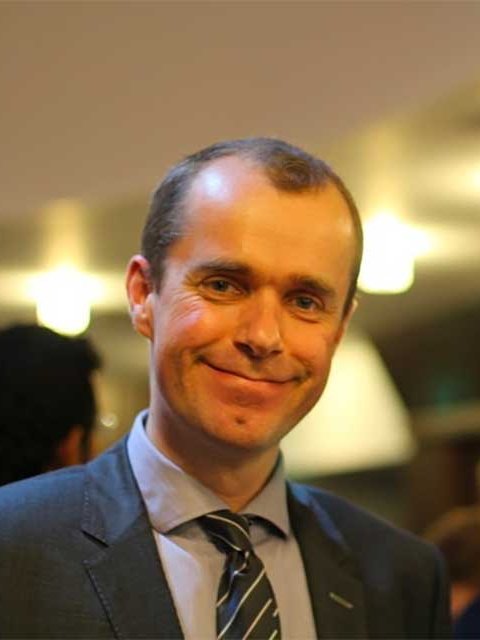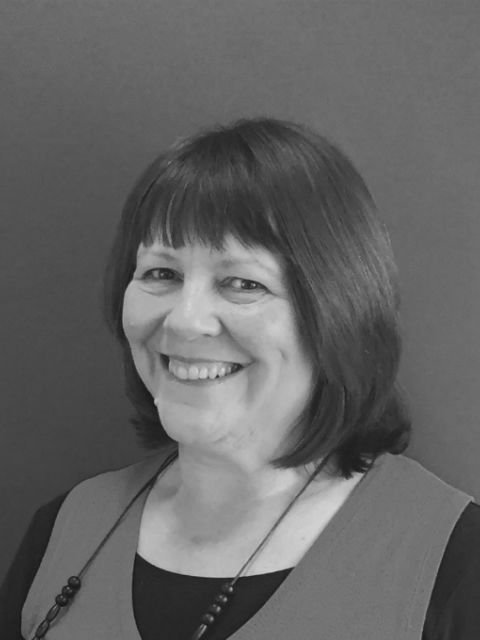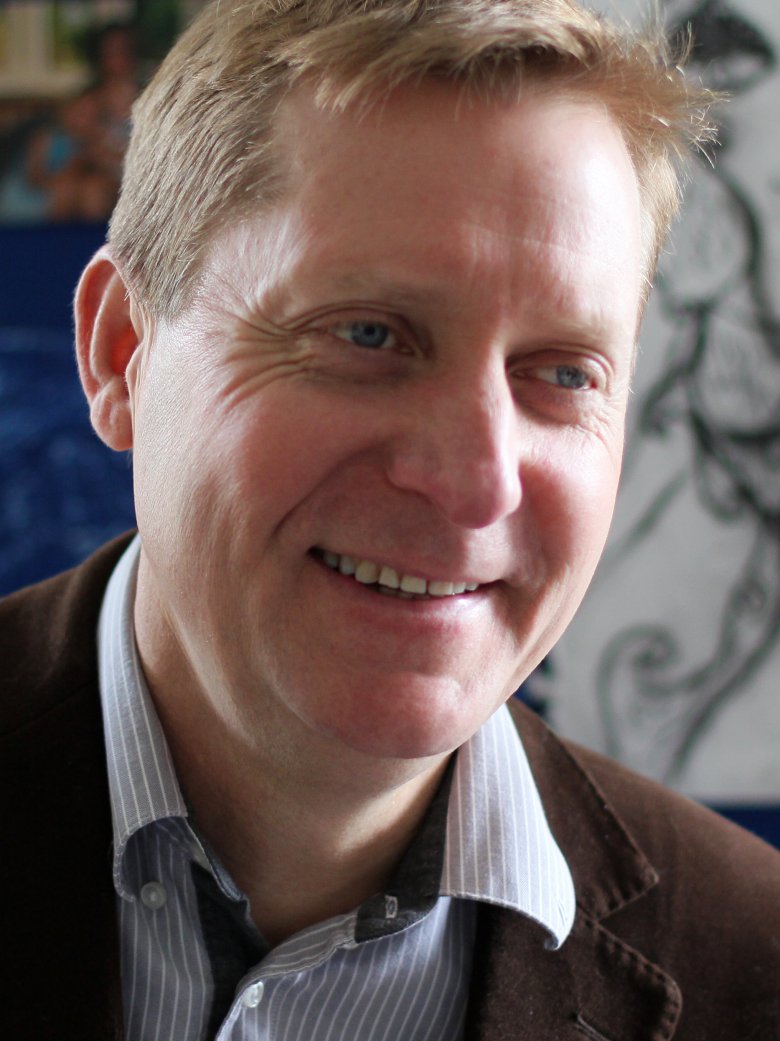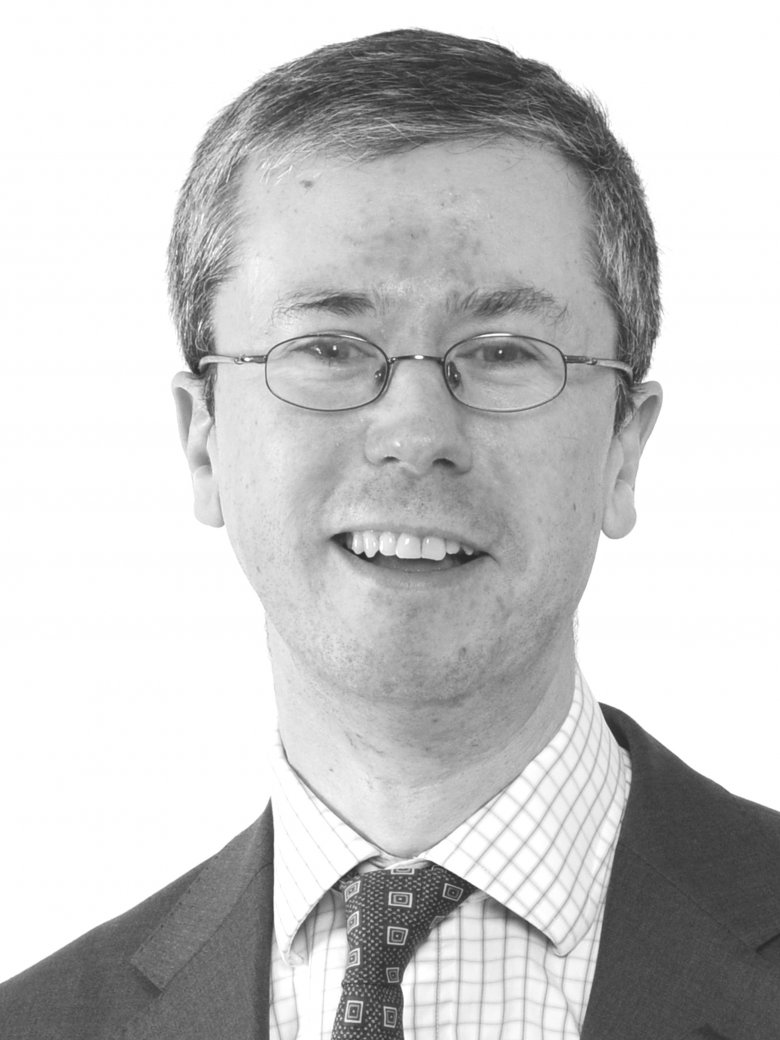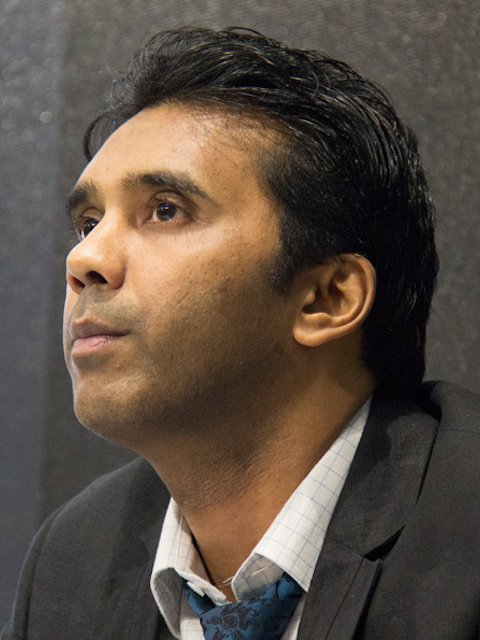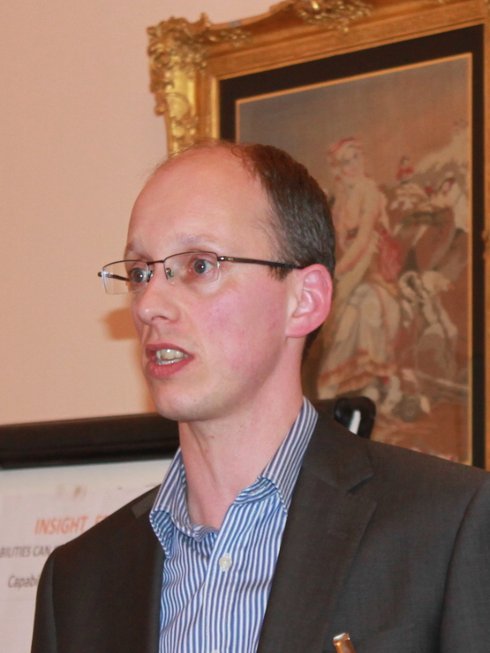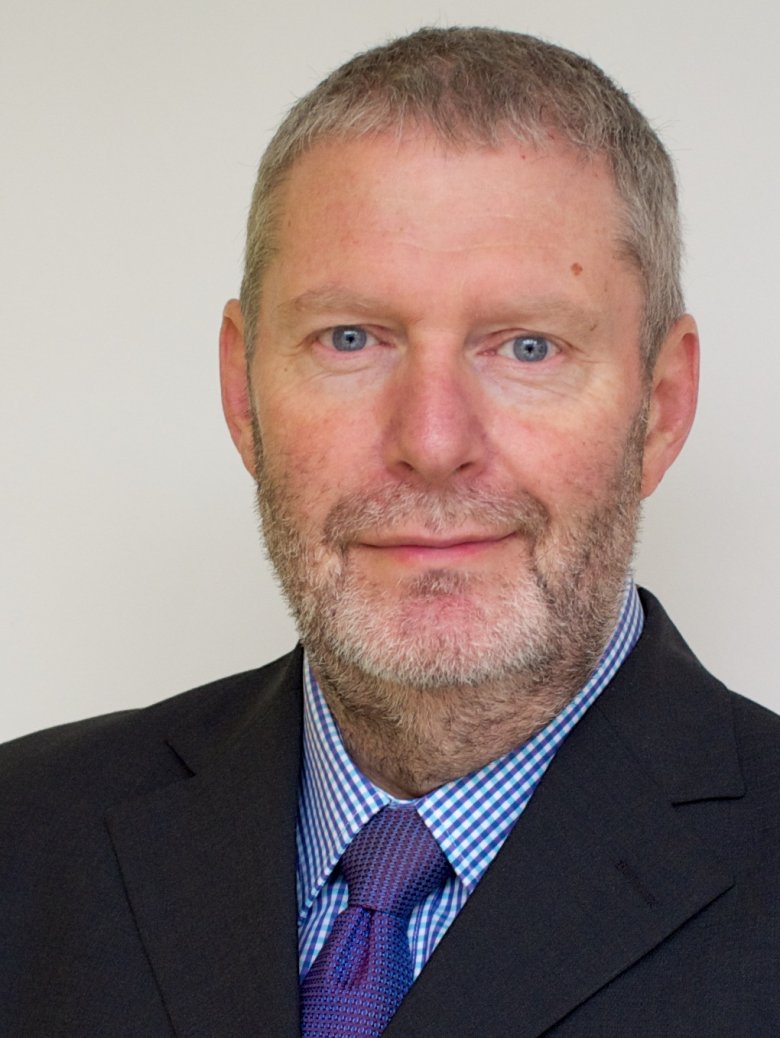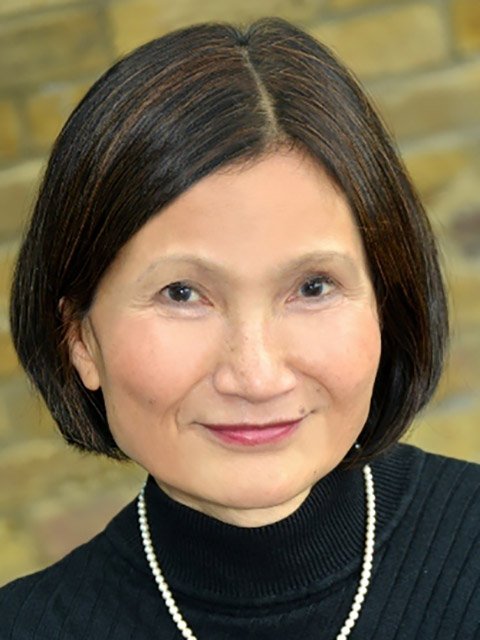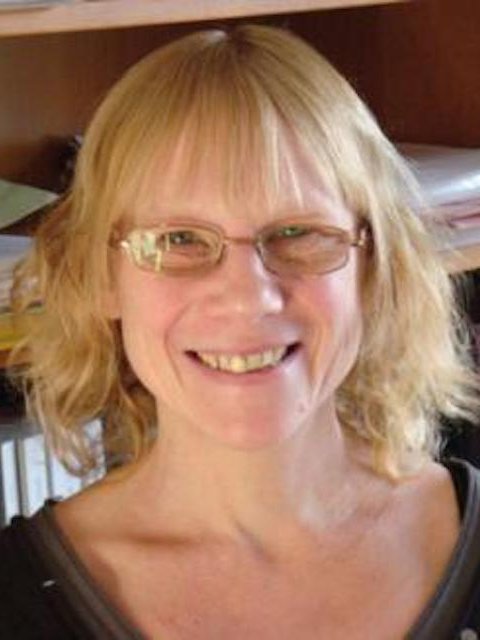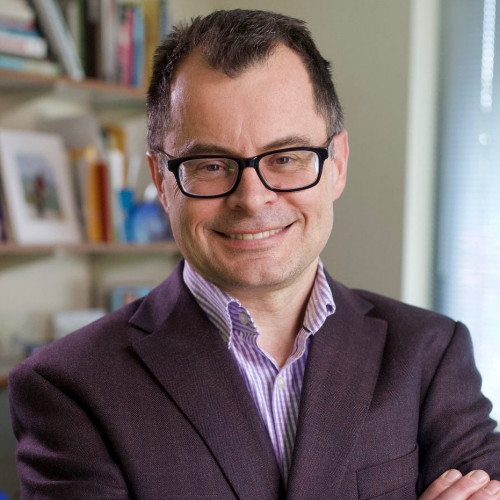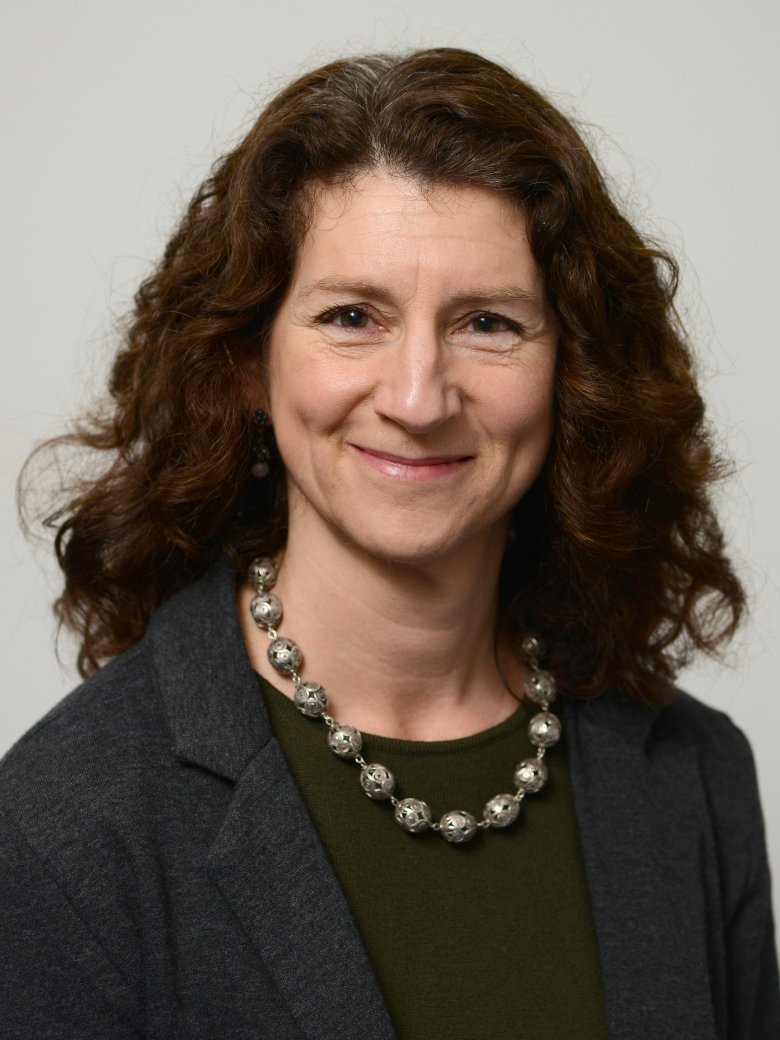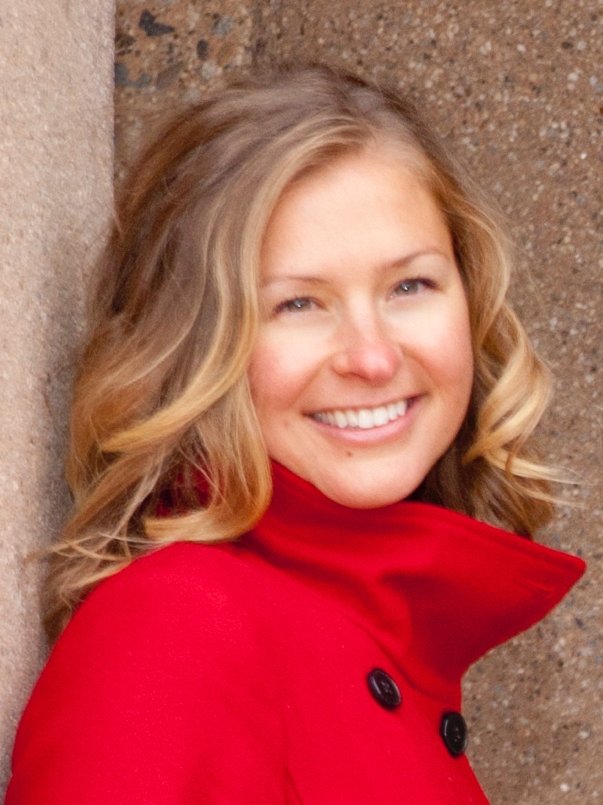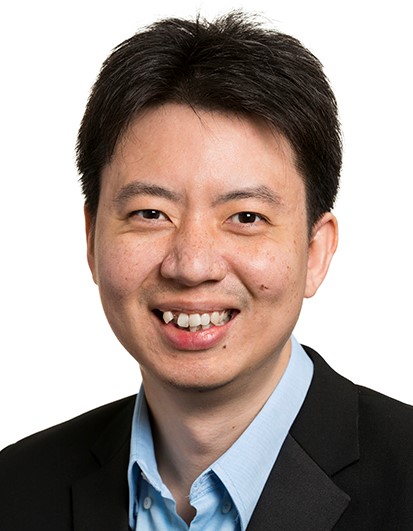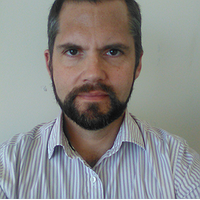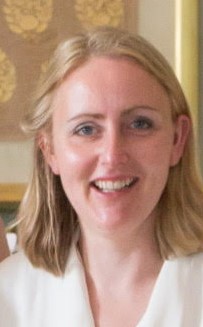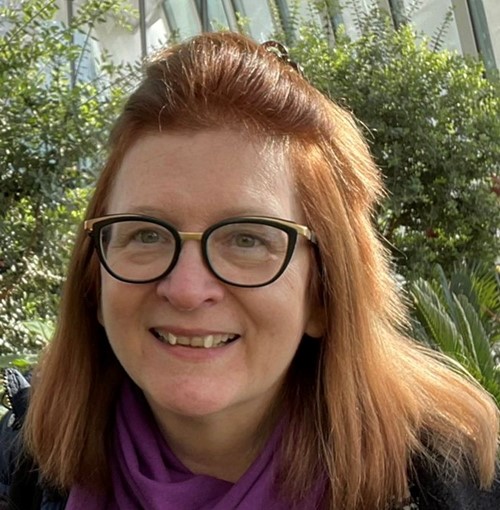Below is the list of experts that are sitting on the Prize Advisory Panel. These are some of the most eminent professionals in their fields and will be responsible for the main judging of the Longitude Prize, as well as providing support and advice to the Longitude programme team and Longitude Committee.
Full details of the judging process can be found in our Prize Rules.
Prize Advisory Panel
Professor Till Bachmann
Professor of Molecular Diagnostics and Infection, University of Edinburgh
Doris-Ann Williams, MBE
Chief Executive, BIVDA
Professor Chris Butler (Chair)
Professor of Primary Care Health Sciences, University of Oxford
Dr. Paul Chapman
Partner, Marks & Clerk LLP
Dr. Abdul Ghafur
Coordinator, "Chennai Declaration", Apollo Honorary Adjunct Associate Professor, Consultant in Infectious Diseases and Clinical Microbiology
Dr. Patrick SM Dunlop
Lecturer, Ulster University
Martin Kiernan
Research Fellow at the Richard Wells Research Centre at the University of West London and is Director of Clinical Research and Education for Gama Healthcare.
Professor Rosanna Peeling
Professor and Chair of Diagnostics Research, London School of Hygiene and Tropical Medicine
Professor Lucy Yardley
Professor of Health Psychology, Director of the Centre for Applications of Health Psychology (CAHP) , University of Southampton
Professor Matthew Thompson
Professor of Family Medicine, Vice Chair for Research, University of Washington
Professor Helen Lambert
Professor of Medical Anthropology, University of Bristol
Betsy Wonderly Trainor
Diagnostics Alliance Director, CARB-X team
Dr. Direk Limmathurotsakul
Head of Microbiology, Mahidol-Oxford Tropical Medicine Research Unit
Dr. Tom Boyles
Infectious Diseases Clinician
Hassan Sefrioui
Director and Member of the Executive Board at Moroccan Foundation for Advanced Science, Innovation and Research
Dr. Jane Cunningham
Consultant in Infectious Diseases and Microbiology, Diagnostics Advisor, Médecins Sans Frontières
Dr. Penny Wilson
Deputy Director, Innovative Devices MHRA

